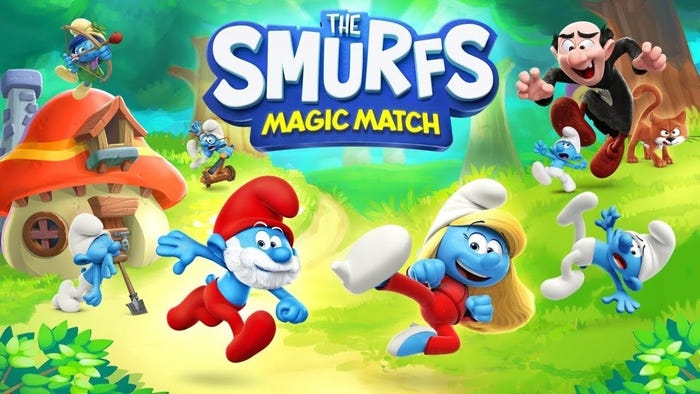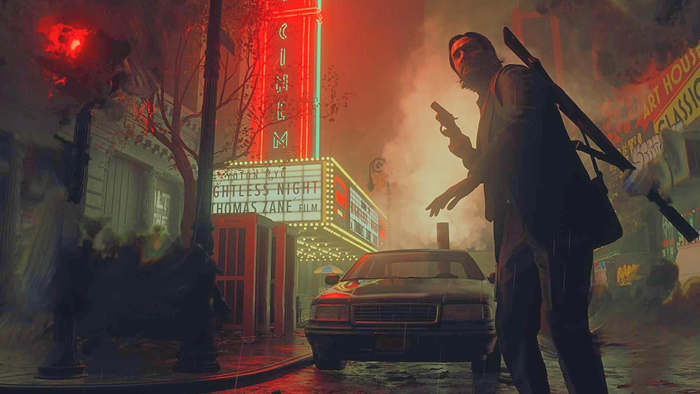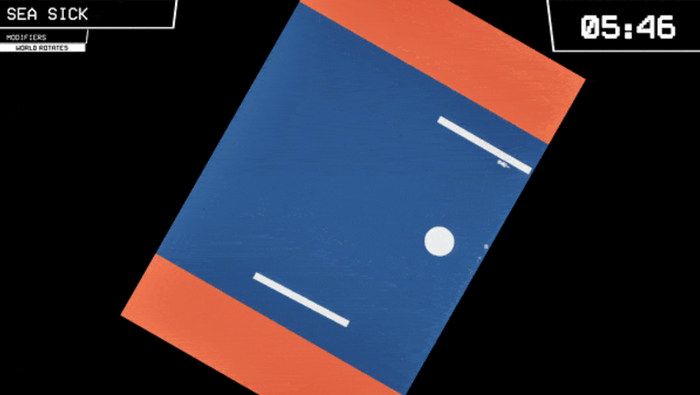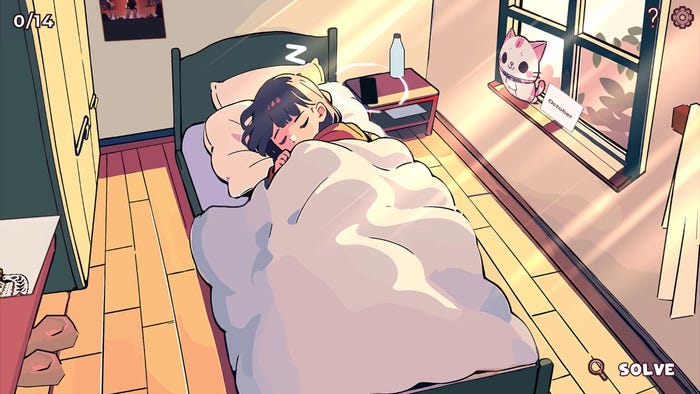Doctor Dekker and practicing skills in games
I explore what skills The Infectious Madness of Doctor Dekker allows players to practice, and why it's important for the medium's growth that games facilitate the practicing of novel skills.

Games promote play, play promotes the practicing of skills. I was first introduced to this definition in A Theory of Fun for Game Design, and I’ve found the consideration of skills to be useful for encouraging lateral thinking while designing my own game. I’ve also found it valuable to analyze other games through this lens, to determine what core games have been explored, and where we can still grow. In this post, I’m first going to explore the core game in The Infectious Madness Of Doctor Dekker, and the skills that it allows us to practice. Then, I’ll compare Dekker to other games, talk shortly about why it’s important for games to practice novel skills, and finally I’ll share a brief opinion on the game.
To find the core of the game, I’ll first ask: what is it simulating? In Dekker, we play the role of a psychiatrist during daily sessions with patients. Our only glimpse into the game’s world is through the conversations that we have with these patients, passing days through fade-out/fade-ins on the same first-person view of a green couch. Thus, the game is simulating human interaction, particularly that of a psychiatrist and their patient during a session. In this simulation, we as players are able to practice four high-level skills:
Active listening
Advice giving
Answering moral judgment questions (sometimes in spite of personal uncertainty and imperfect information)
Mystery solving (problem solving with imperfect information)
The last skill is embodied in two ways: first, in the stories that patients tell, which must be pieced together to know what to ask next, and second, in a “whodunnit” question at the end of the game where you’re asked to identify a murderer from your selection of patients. Real psychiatrists must certainly do the first, while the second is more a follow-up to the game’s premise.
Looking at the list of skills, you would be hard pressed to find many games that have a similar core. One that comes to mind is Façade, a 2005 art game by Michael Mateas and Andrew Stern. The trappings of Dekker are very different from Façade, but both are games that focus on simulating human interaction, in their own way. I imagine The Royal Corgi, a game by Rémi Bismuth and Mélodie Vidal that uses player’s gaze to affect conversation, would also feel similar, though I haven’t played it.
There are ties to the conversations that you have in Mass Effect or any number of other RPGs, but those never simulate actual conversations in the way that Dekker and Façade do (when things go right). The dialogue trees in The Witcher 3, for example, are more used to guide a very theatrical story. I don’t feel like I’m an active participant in these conversations, rather I’m an observer that gets to choose the direction once in a while. Because of this, active listening and mystery solving are largely gone from these games, while advice giving and moral judgment are only superficially exercised.
So, why does it matter? Why should you care whether or not a game facilitates the practicing of new skills? It certainly isn’t a requirement, plenty of games exist for the sole purpose of being delightful. Shooters from Quake to Titanfall all practice the same set of skills, and people derive a lot of joy from them.
My point is not that every game must be a novel exploration of the game design space, but that, if we want the medium to continue to grow, this exploration has to take place at some point. The “Video Game” medium is still in the babiest of baby stages, but it deserves to become mature. Making games that facilitate personal growth in new ways leads us to a future where games can be truly meaningful to our lives. Movies, music, and literature are already there. Summer blockbusters exist alongside Selma and Citizen Kane. Games can get there, but we as game designers need to help it take those steps. Dekker is a small but meaningful contribution to the development of the medium, and I'm happy that it exists.
Lastly, my thoughts as a player. The game’s recorded answers often stopped aligning with what I wanted to ask. I figured out the murderer’s M.O. 3/5ths of the way through. I was offended every time the fullscreen “You got an achievement!” popup interrupted my conversation. Still, I really enjoyed Dekker. This was partially because the game makes great use of its actors, who I was thoroughly impressed by. The mystery was also a part of it, I enjoyed following along as the details were revealed. But the main reason why Dekker feels more substantial to me, is because it left me with the feeling that I had actually grown in some small way. That I had been allowed to practice useful skills while exploring interesting characters and enjoying the atmosphere. That’s why I play games, and I hope that mine will leave players feeling the same way.
Read more about:
BlogsAbout the Author(s)
You May Also Like









